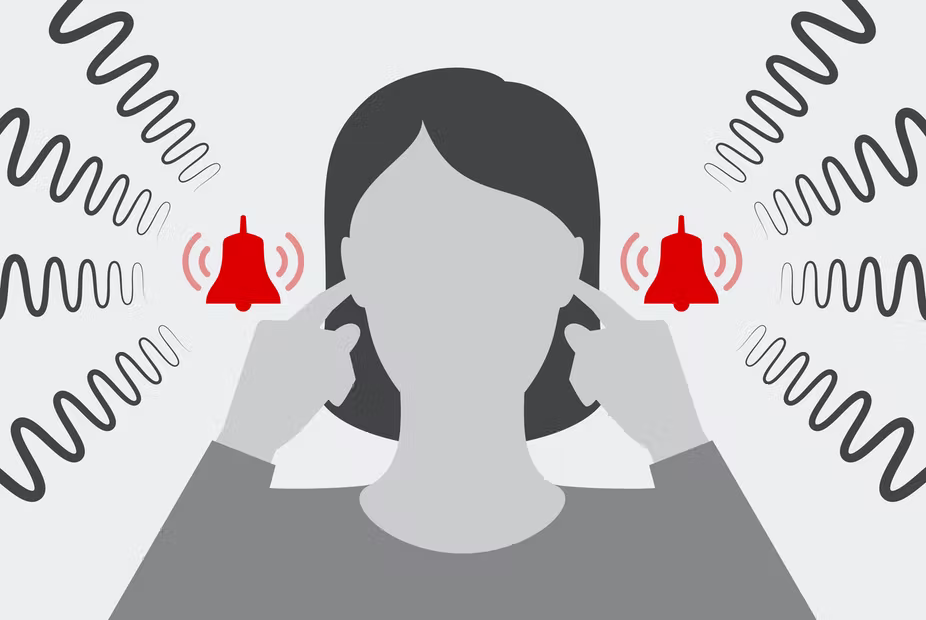Insurance may be pretty confusing among many of you especially when you are planning for tinnitus treatment or other hearing loss issues. So, does medicare cover tinnitus and your hearing devices?
Well, treating your tinnitus is an investment for the well-being of your health. So, it’s essential for you to know whether you are covered for tinnitus or even for hearing devices. Insurance policies vary among insurance companies, and not every company approves it. The same goes for Medicare. They don’t cover your hearing device costs or even the hearing device evaluations.
In this blog post, we’ll let you know about their policies, plans, and all the other facts that’ll help you to know about their coverage plan. Moreover, you’ll also know how hearing aids can help you with tinnitus. So, keep reading till the end.
Does Medicare Cover Tinnitus or Hearing Loss? : If not Then Who Can Help to Get You the Claim?
Medicare never covers tinnitus or hearing loss. This restriction is common among Medicare supplement plans. This is why they may charge around $60 for a thorough hearing test or even $80 for an entire tinnitus evaluation. Their appointed doctors usually spend 90 minutes on full diagnosis, testing, and treatment.
A few “Non-participating Medicare Providers ” may help you file a claim for approximately $38 to Medicare. It’s only possible if you have a primary care doctor reference.
So, if you have Medicare and want to get reimbursed for your hearing test, ask your doctor for a recommendation before your initial session. You must pay in full at the time of the appointment. So, if your claim is granted, Medicare will pay directly.
Commercial health insurances usually cover hearing aids for tinnitus exams. They may also benefit from treatments as well. Moreover, commercial insurance claims are submitted directly to testing.
The Patient Care Coordinators of the insurance company may ask for the insurance information to check how they can benefit you to get your insurance claim.
A 30-minute complimentary consultation may be scheduled if you have previously been tested and diagnosed or even if you are using any hearing devices.
Hearing Aids Can Be the Solution for Tinnitus
Tinnitus sufferers with hearing loss can start with hearing aids. Usually, people who have trouble hearing can surely take hearing aids as their ultimate option to magnify the sounds.
Hearing devices help many people with tinnitus, but you also need to be sure that not all the issues can be covered by your hearing devices only. If you take a complete treatment approach that includes tinnitus therapy and other treatments, it will be more beneficial than only using hearing devices as an alternative.
Low-quality hearing aids may be useless because only 50% of patients with tinnitus have hearing loss. Moreover, certain hearing aids may not be the most incredible option if your hearing problem is unrelated to the perception of your environment. After all, the ringing sound bothers many, not their hearing.
So, to get the optimum help, you need to find an audiologist who will help you to explore different alternatives and even give you the right advice regarding the best hearing devices for your tinnitus issue.
Your audiologist will also recommend a combination of tinnitus treatments, such as sound maskers, sound therapy, counseling, and medication. In more severe cases of tinnitus, a multi-disciplinary approach may be required.
Now, if you don’t want to bear the expenses of audiologists, then you can always rely on certain online hearing aid providers who may provide you with the proper guidance to get the best hearing device with warranties. In such a case, Nano Hearing Aids may be the best option that you can have to put a halt to your tinnitus.
How do Hearing Aids help with Tinnitus?
If you have tinnitus and certain symptoms of hearing loss, your hearing aids will work best to treat the tinnitus symptoms.
Below are some of the ways good-quality hearing aids can help you with tinnitus:
The environmental sounds get louder:
When you have hearing loss and tinnitus, certain wavelengths won’t reach your eardrums. Therefore, the ringing becomes more prominent. The evident buzzing or ringing can be muted if your hearing aid amplifies external sound. So, after putting on your hearing aids, the effects of tinnitus become less bothersome when you tune your hearing aid.
Conversations get easier:
Modern hearing devices excel at amplifying human voices. Using hearing devices makes it easier to carry on a conversation. So, you will now be able to communicate and carry out a conversation without any fear. Moreover, social interactions will also reduce stress, and will eventually reduce tinnitus.
Audio stimulation keeps your brain fit:
Hearing loss causes tiredness, tension, and atrophy in the brain’s sound-interpreting areas. Wearing hearing devices can help keep your brain’s audio centers healthy and flexible, reducing tinnitus symptoms.
Your hearing loss determines what is best for you. Even if you don’t have hearing loss, you can treat your tinnitus. Some methods include CBT, a specialized masking device, or even medication.
If you have both tinnitus and hearing loss, high-quality hearing devices may help you by treating your hearing impairment with a good-quality set of hearing aids to stop tinnitus from bothering you.
